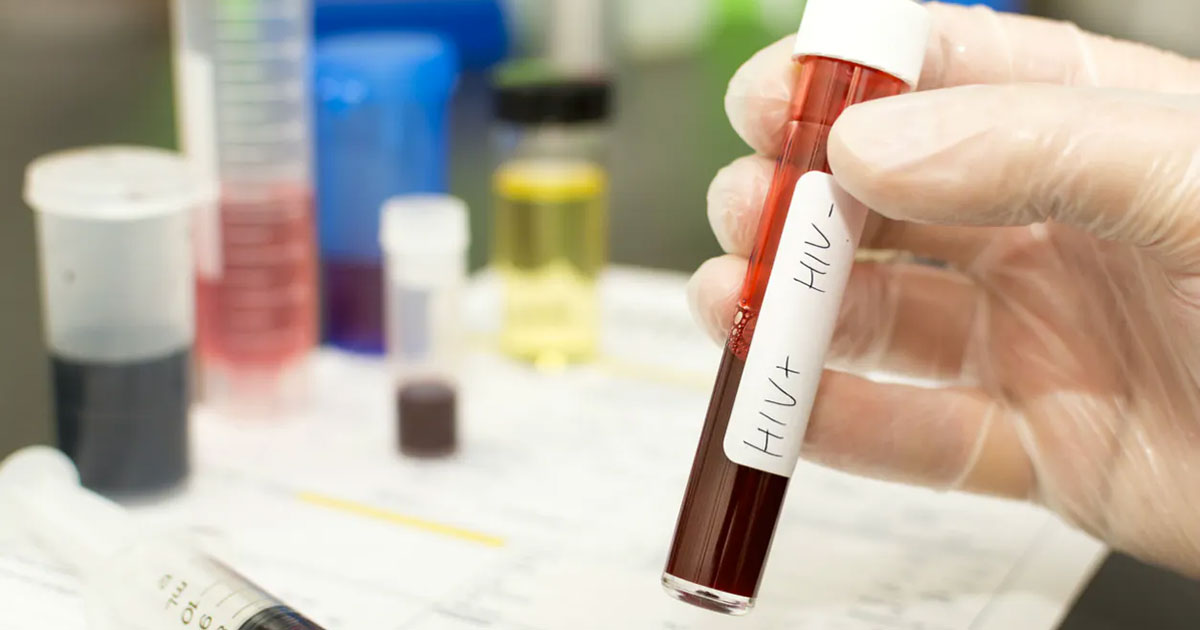
A team of scientists have discovered a brand new strain of HIV for the first time in 19 years.
According to Abbott Laboratories—which conducted the research, along with the University of Missouri, Kansas City—the newly found strain is a part of the Group M version of HIV-1, the same family of virus subtypes blamed for the global HIV pandemic.
The findings were published Wednesday (Nov. 6) in the Journal of Acquired Immune Deficiency Syndromes. This is the first new Group M HIV strain identified since 2000 when guidelines for classifying subtypes were established.
HIV has a number of different subtypes or strains, and, like other viruses, it’s able to change mutate over time. It’s important to know about the various strains of the virus so that treatments and tests used to detect the disease are effective.
“It can be a real challenge for diagnostic tests,” said Mary Rodgers, a principal scientist at Abbott who co-authored the report.
Rodgers said her company is responsible for testing more than 60% of the world’s blood supply, and they have to look for new HIV strains and track the ones in circulation so “we can accurately detect it, no matter where it happens to be in the world.”
Dr. Anthony Fauci, the Director of the National Institute of Allergy and Infectious Diseases, said the public doesn’t need to worry about this new strain, or any of the others in circulation for that matter, as current HIV treatments are effective against them all.
“There’s no reason to panic or even to worry about it a little bit,” Fauci said. “Not a lot of people are infected with this. This is an outlier.”
Dr. Carole McArthur, a co-author of the study and professor at the University of Missouri, Kansas City added in a statement: “This discovery reminds us that to end the HIV pandemic, we must continue to out think this continuously changing virus and use the latest advancements in technology and resources to monitor its evolution.”
According to the World Health Organization, there are around 36.7 million people in the world living with HIV, and UNAIDS estimates that at least 1.8 million people became newly infected in 2016.
via: CNN









